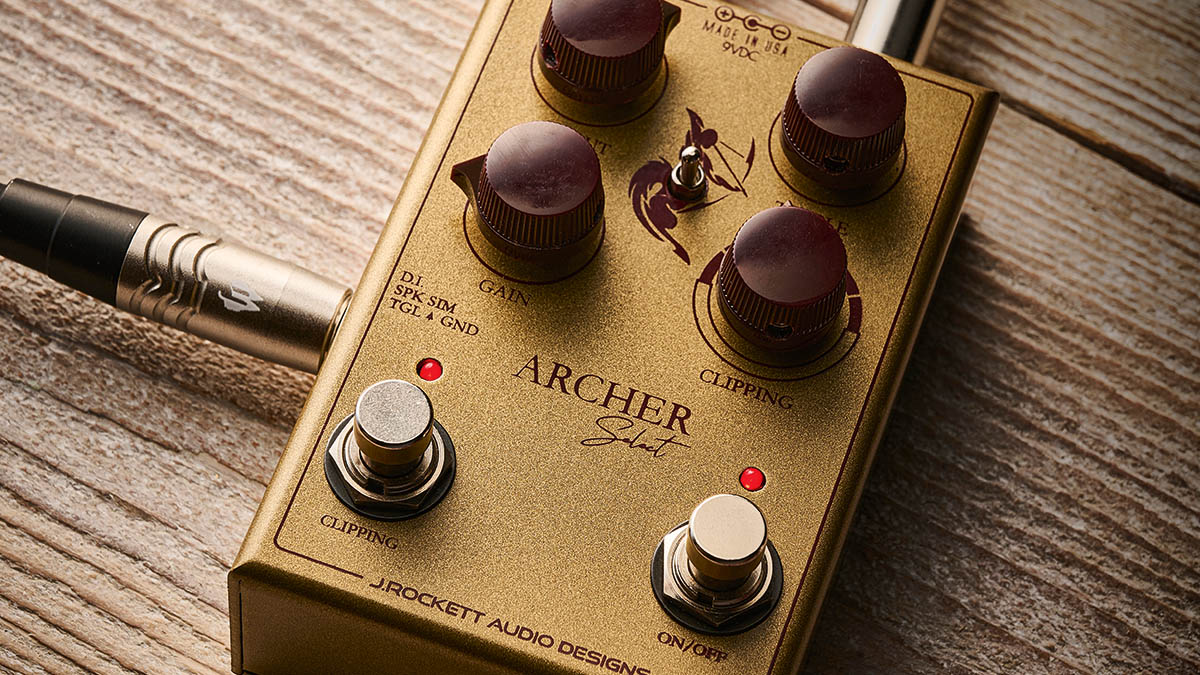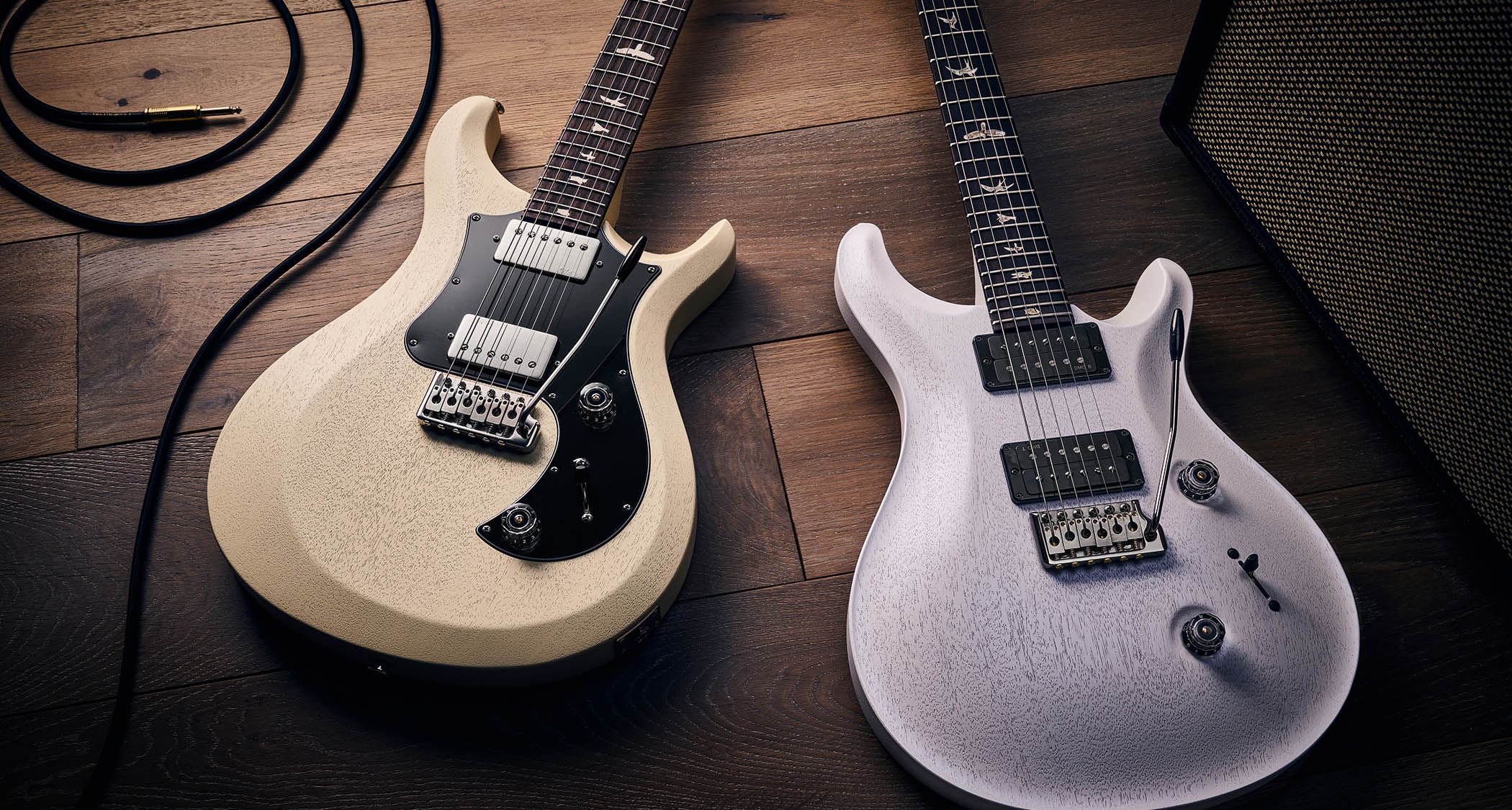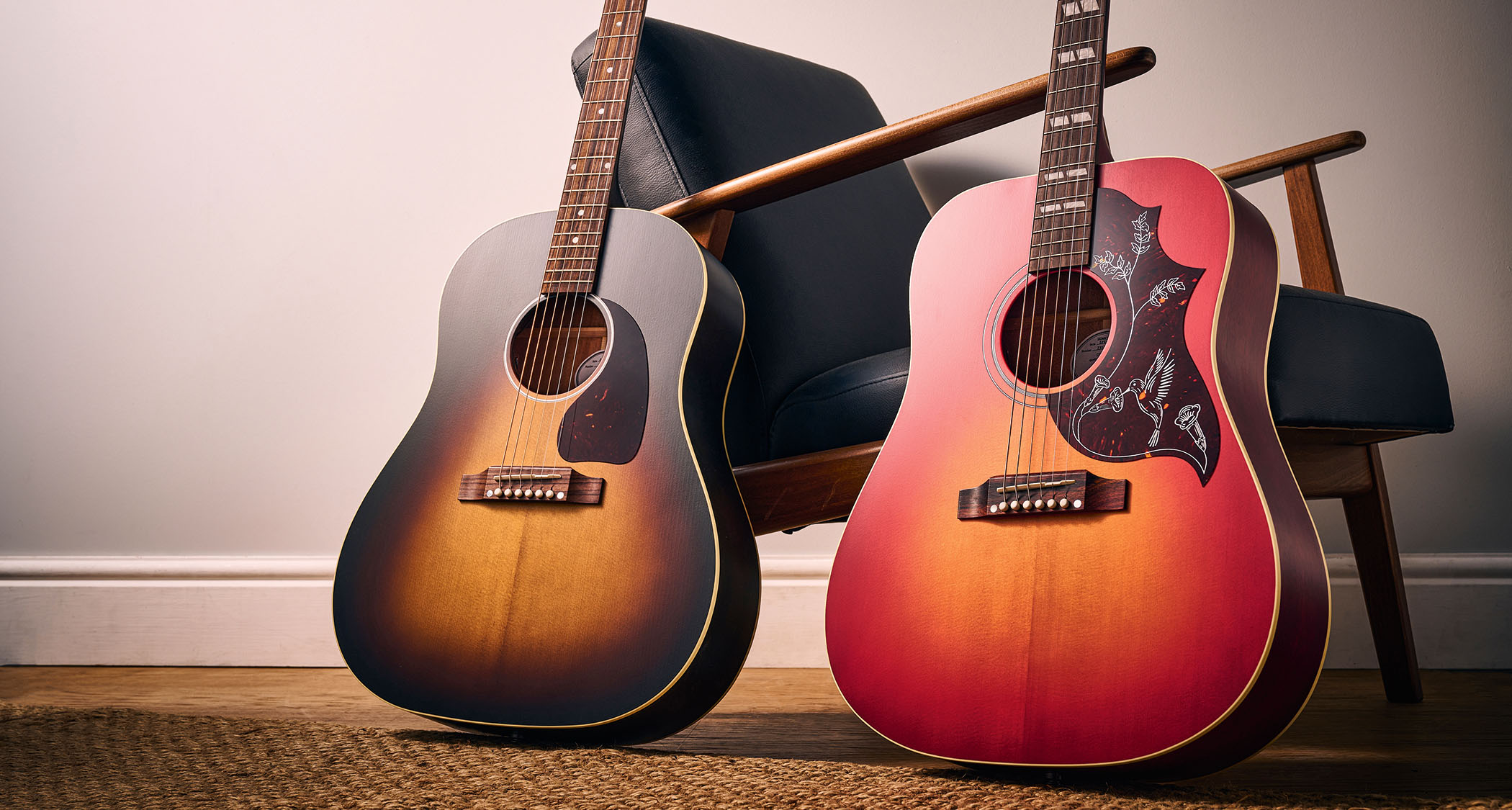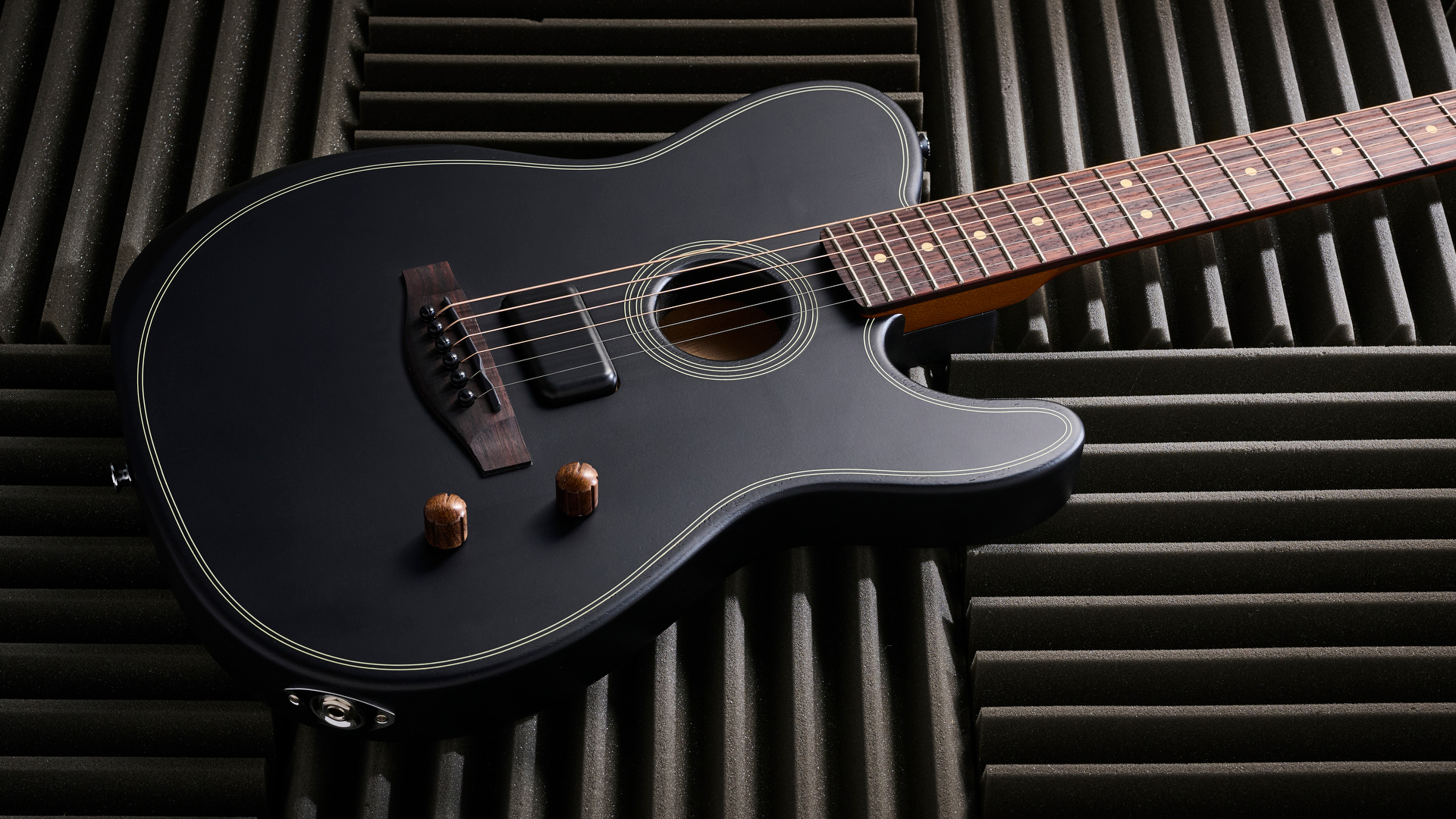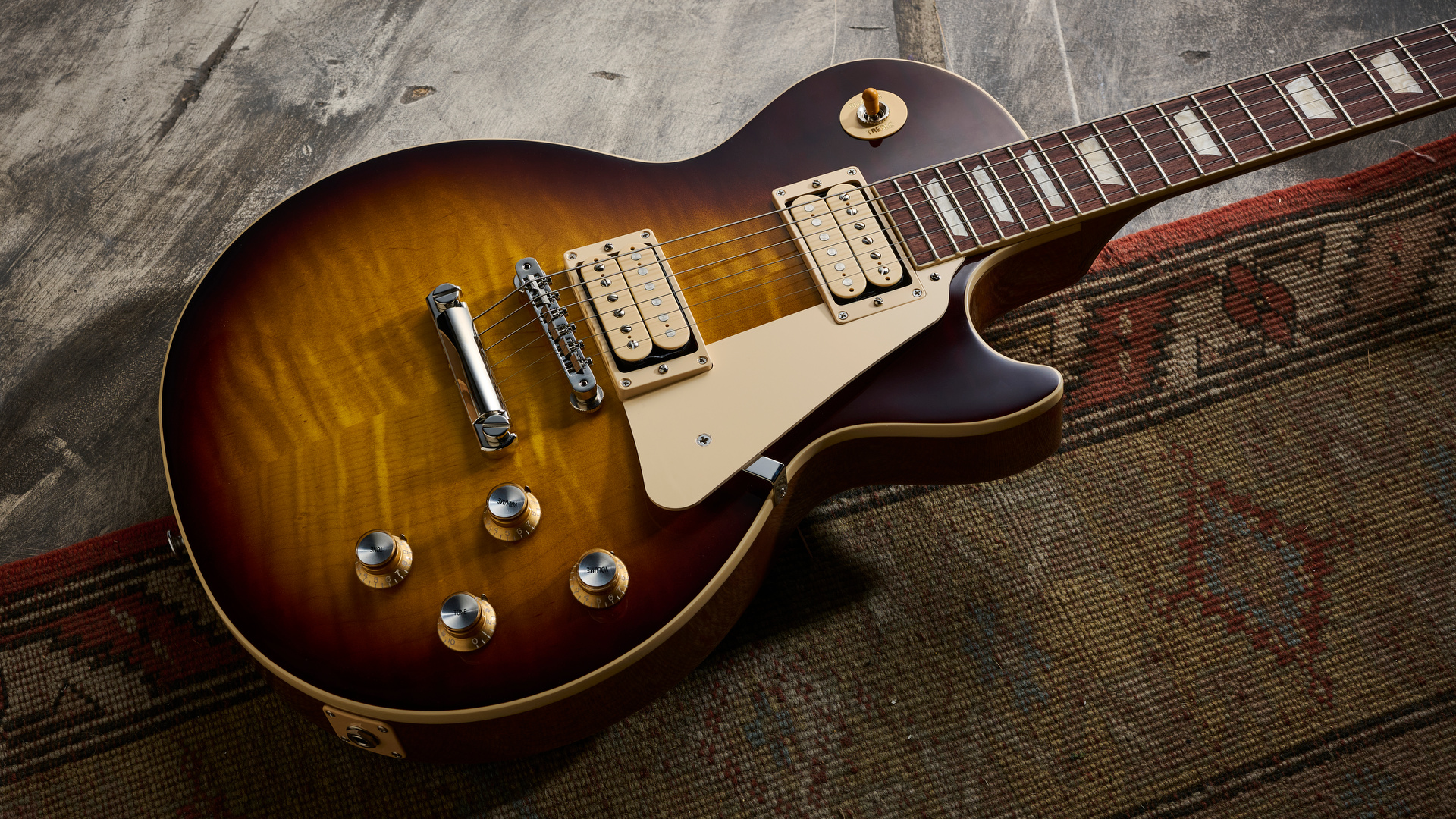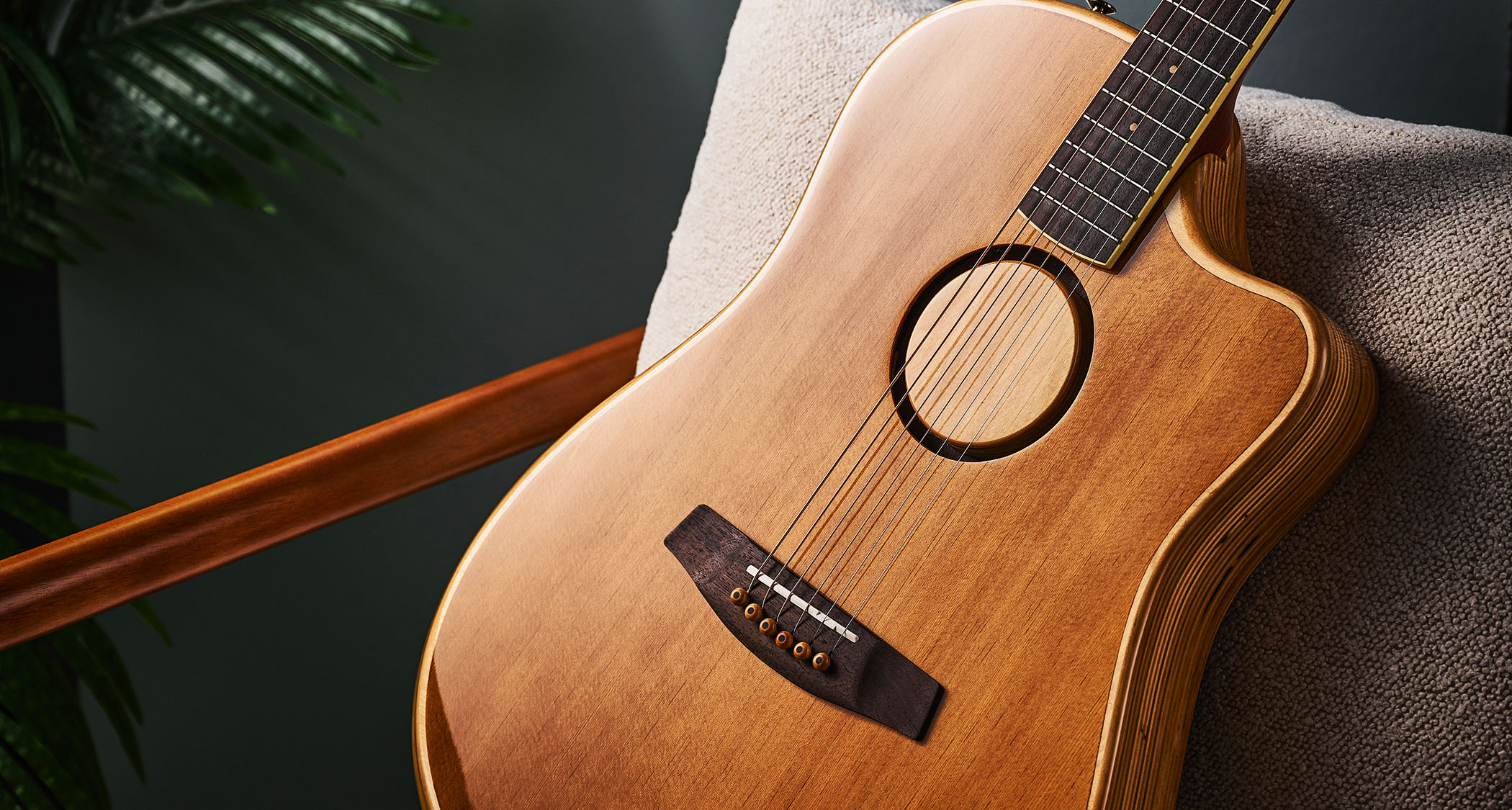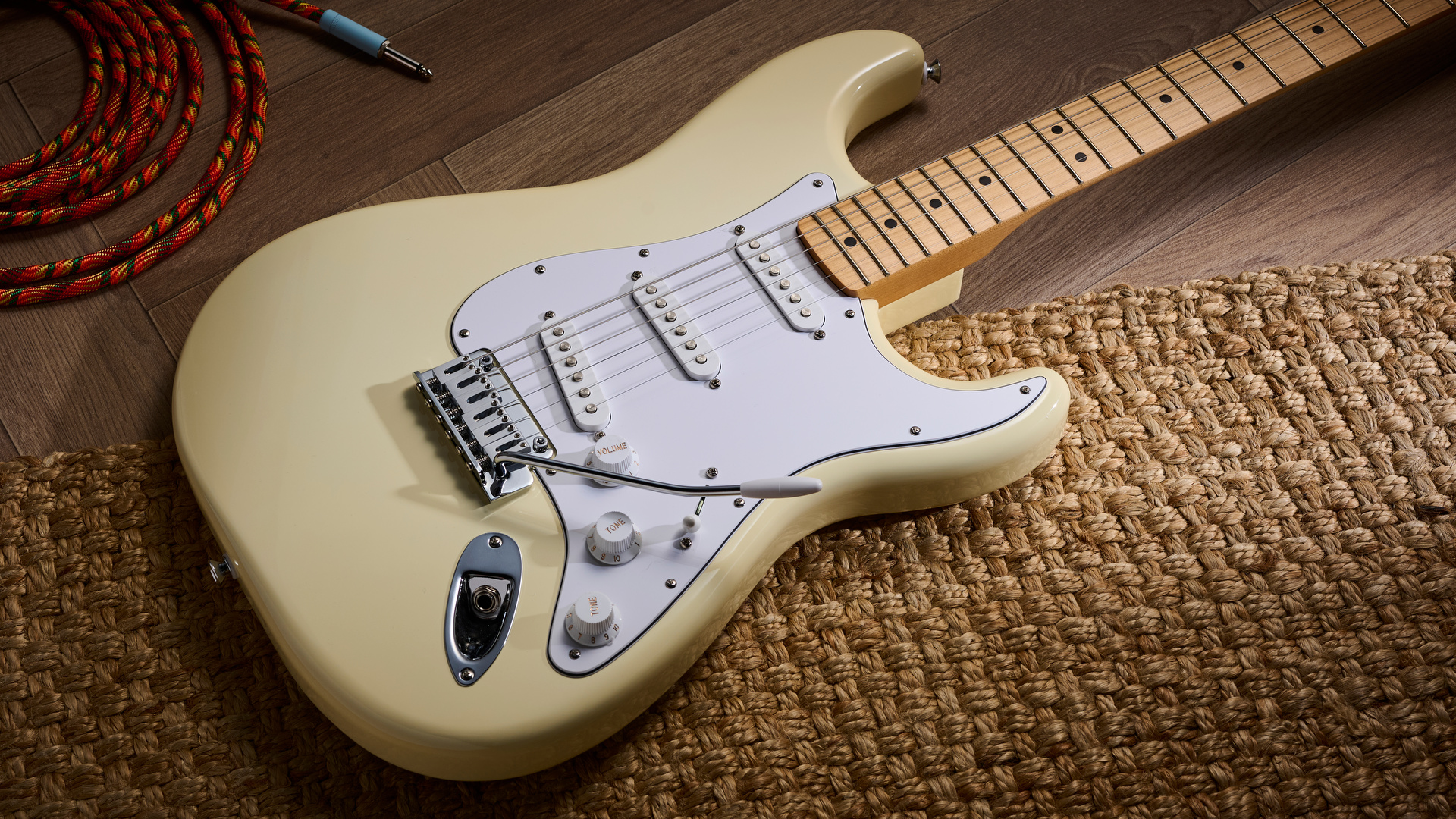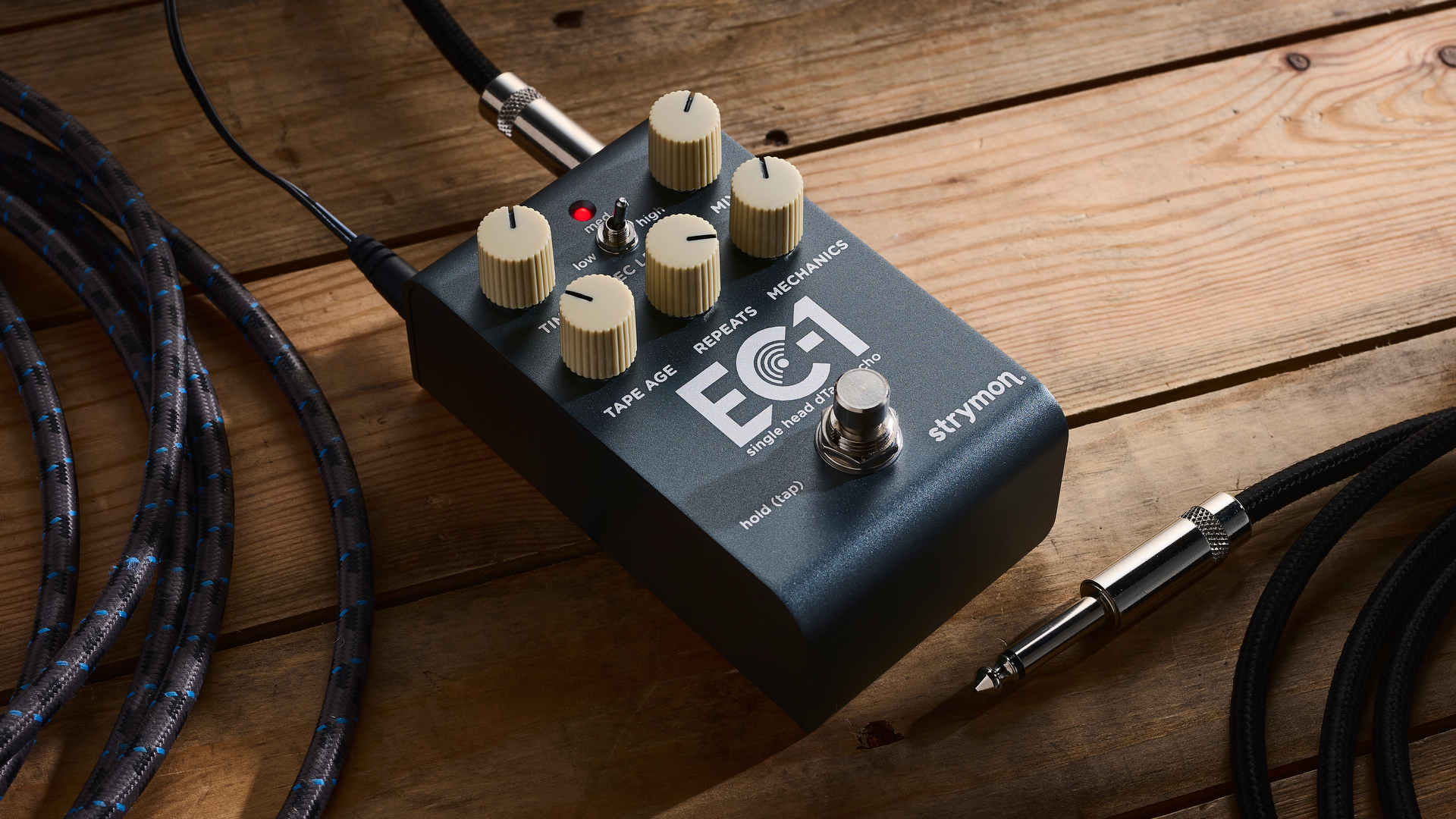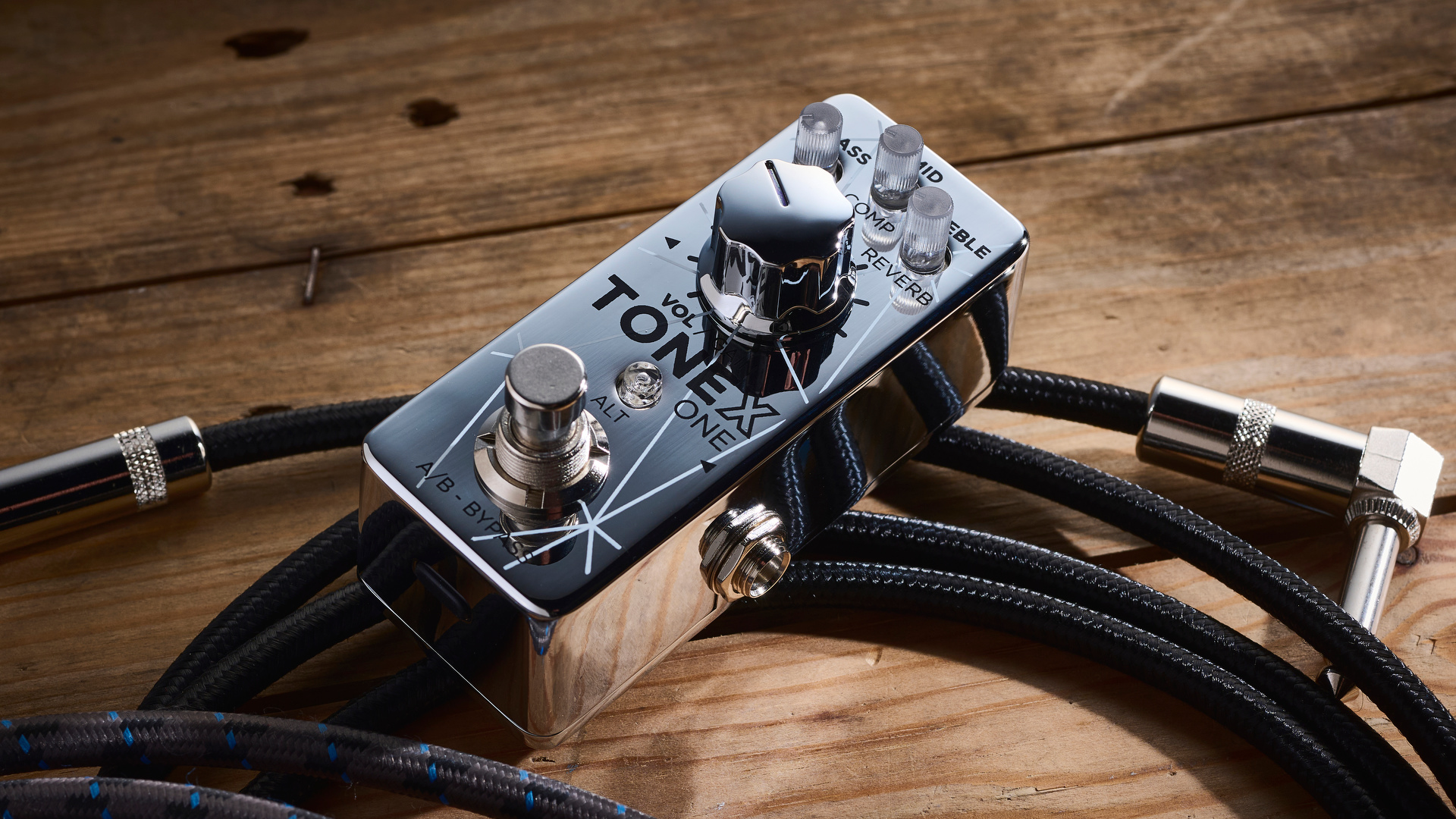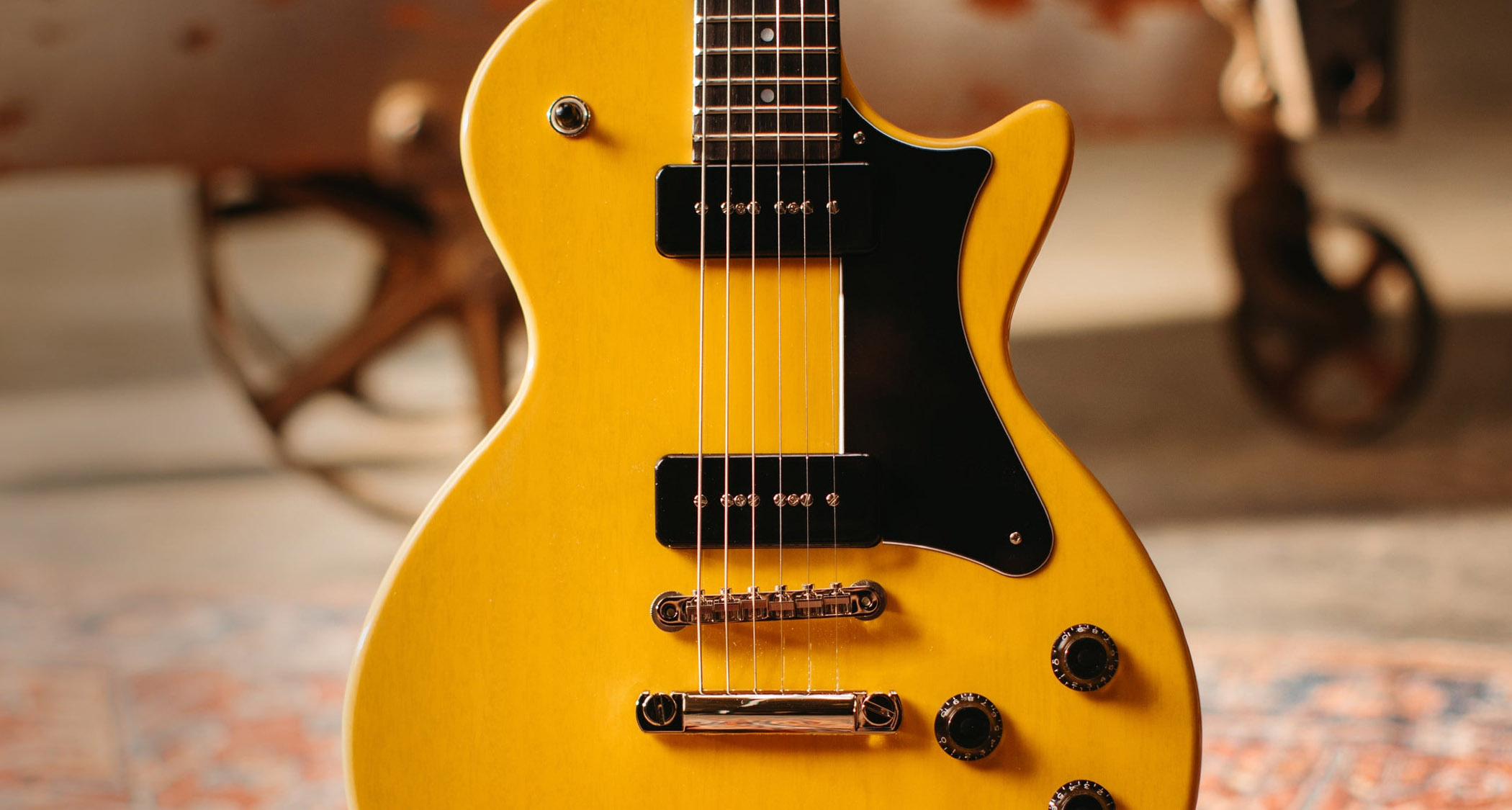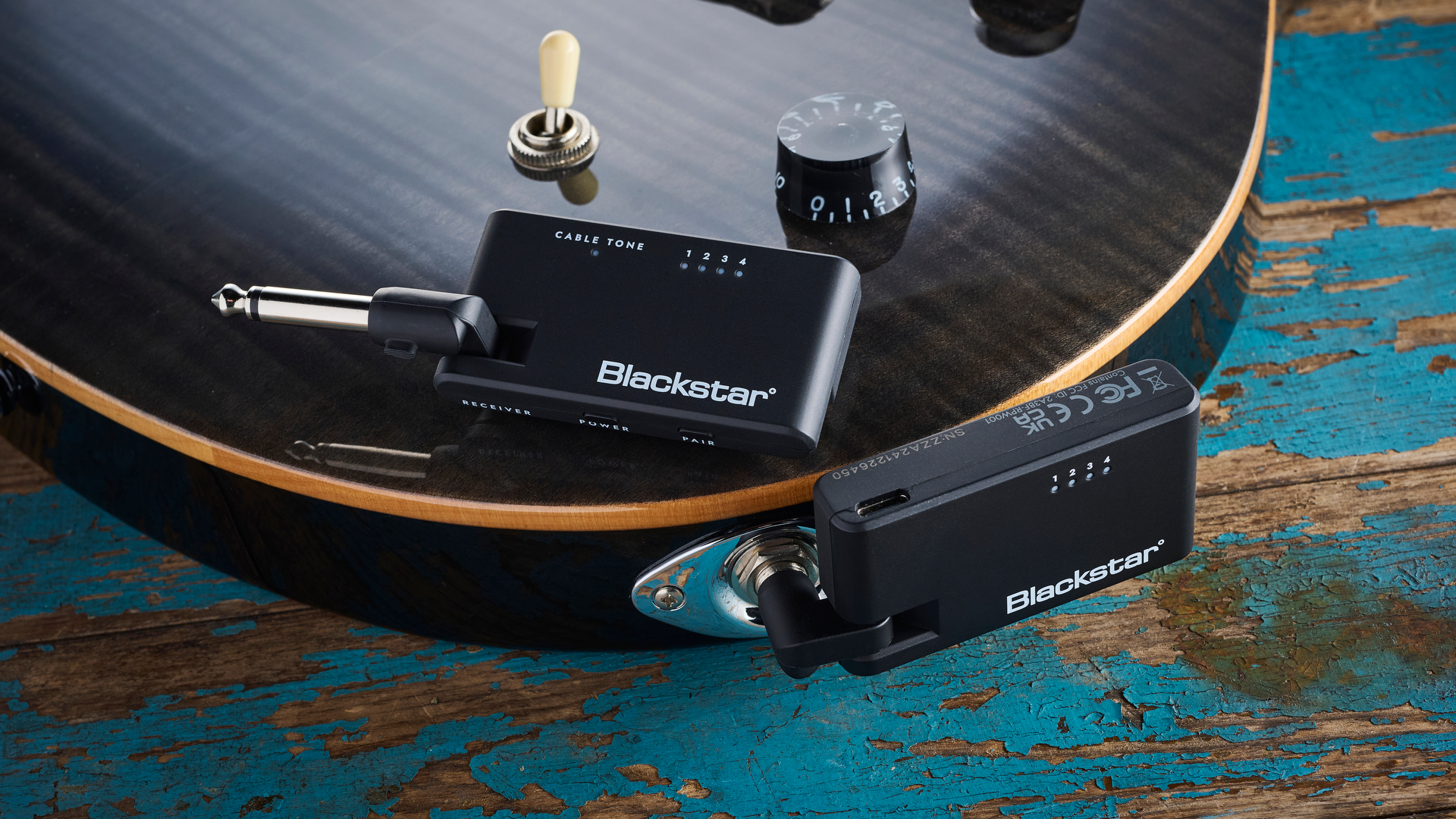Guitar World Verdict
Sounding excellent and aiming to sidestep the ‘magic diode’ debate by giving you choices, the Archer Select may just be the ultimate Klon klone.
Pros
- +
Solid build quality.
- +
Compact size.
- +
Sound quality.
- +
Variety of clipping options.
Cons
- -
A premium for differences between clipping modes that are subtle, to say the least.
- -
No switchable buffered/true bypass.
You can trust Guitar World
Ah, the Klon Centaur, that mythical overdrive pedal that’s likely to set you back silly money for an original. We recently saw one for sale in the UK at an asking price of £6,800!
Of course, you don’t have to pay that amount of money to get the Klon experience because there are a number of ‘klones’ on the market, seemingly built around the same circuitry… But do those units have the ‘magic’ diodes found in the original?
While Klon mainman Bill Finnegan maintains that his stock of particular 1N34A germanium diodes are essential to the true Klon sound, there are arguably other aspects of the circuitry that are more important to the end result than the type of diodes used, especially as the clipping diodes only exert any influence at higher settings of the gain knob.
Nevertheless, for anyone who is overly concerned about the diodes, we now have the J Rockett Archer Select, which gives you a choice of seven types.
This latest in the Archer series is built around a default set of OA10 diodes, but a second footswitch allows you to switch to a second set chosen from a six-way rotary switch, for comparison purposes or to have two sound variations available on stage.
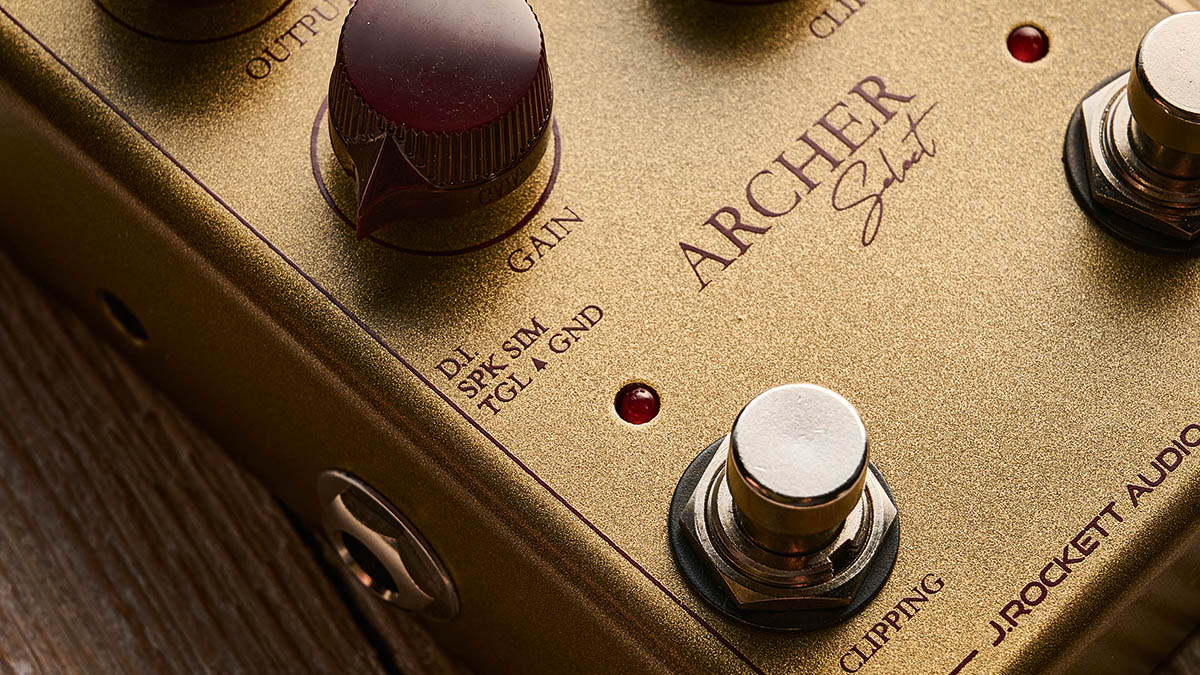
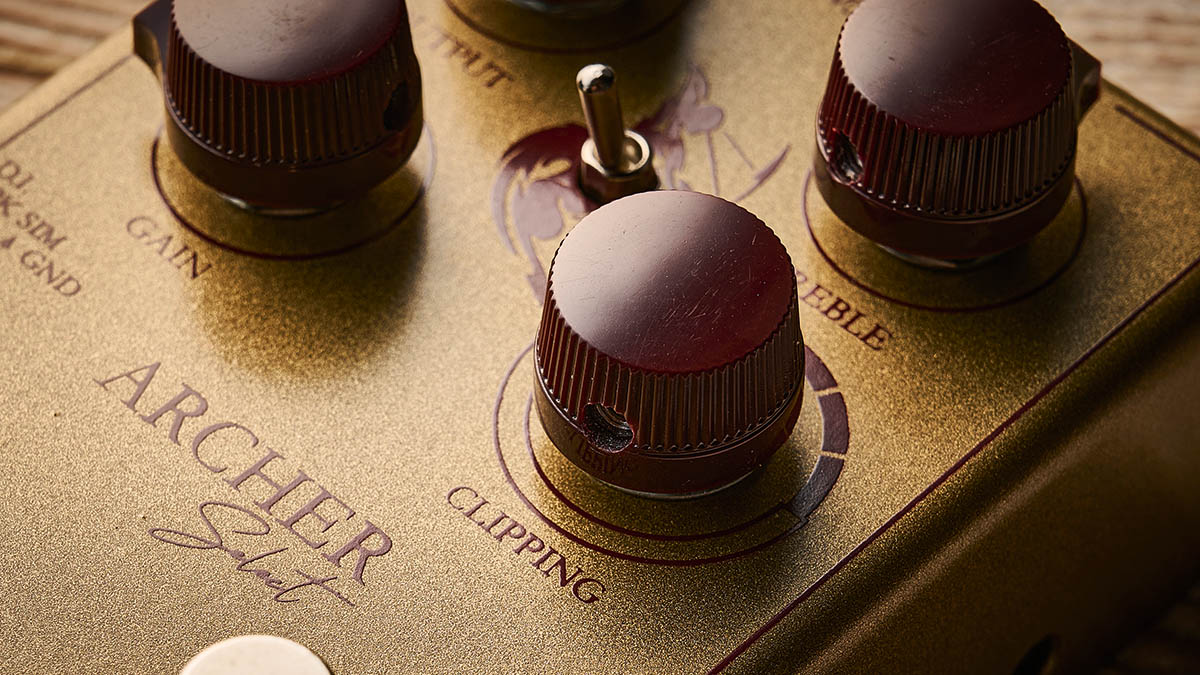
First off, this Archer is as good as any Klon clone gets whether you use it – as many do – with little or no gain knob as a transparent boost pedal and guitar amp driver, or you whack the gain up to dial in more drive. It’s in the latter role that the different diodes exert their influence; we only started noticing a difference beyond midday on the gain knob.
There are five NOS germanium diode sets arranged in order of increasing output and a set of red LEDs that’s loudest of all and maybe a good bet if you want a switchable onstage contrast. Any differences are really subtle, though, with the sound remaining reliably consistent throughout.
However, while any of the diodes could do the job the pedal is designed for, this reviewer was drawn to how one particular option felt to play through, which may be the point. The nuances of tone and compression are there to be exploited and players can find a favourite to optimise their K-style experience.
Specs
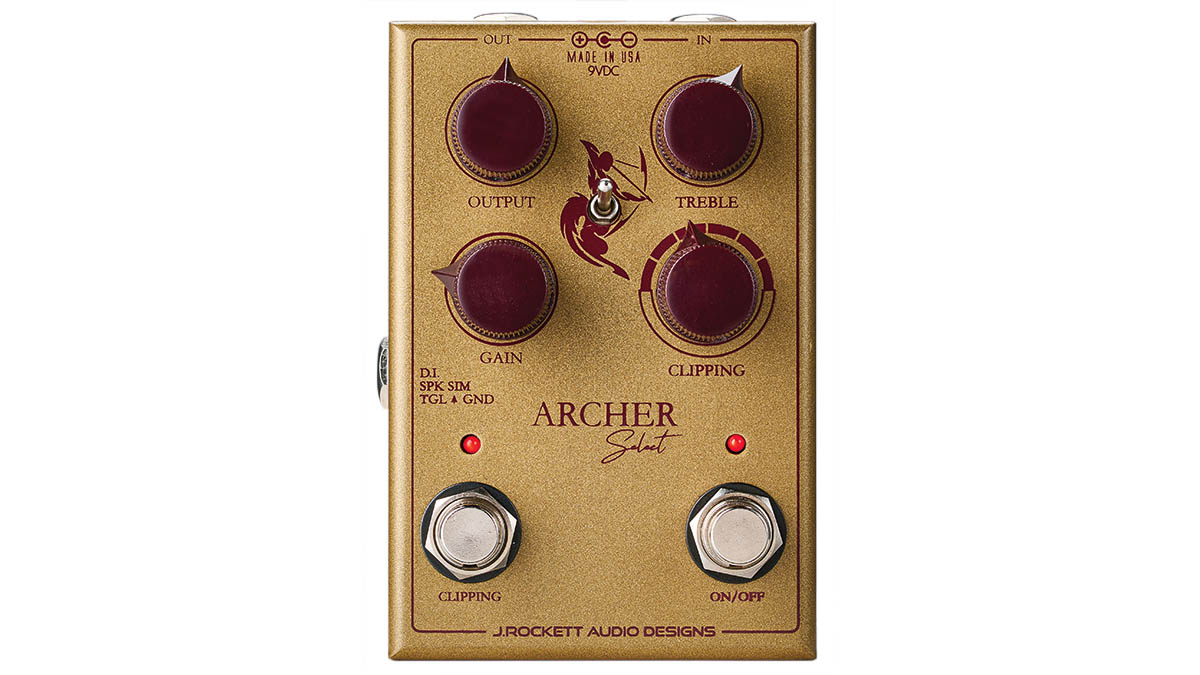
- PRICE: £349
- ORIGIN: USA
- TYPE: Boost/drive pedal
- FEATURES: Buffered bypass, 7x clipping options (OA10, 1N270, 1N695, 1N34A, D9B, D9E, Red LEDs), DI output
- CONTROLS: Output, Treble, Gain, Clipping selector, DI Groundlift switch, Bypass footswitch, Clipping footswitch
- CONNECTIONS: Standard input, standard output, standard DI output
- POWER: 9V DC adaptor (not supplied) <100mA
- DIMENSIONS: 72 (w) x 110 (d) x 45mm (h)
- CONTACT: J. Rockett Audio Designs
Trevor Curwen has played guitar for several decades – he's also mimed it on the UK's Top of the Pops. Much of his working life, though, has been spent behind the mixing desk, during which time he has built up a solid collection of the guitars, amps and pedals needed to cover just about any studio session. He writes pedal reviews for Guitarist and has contributed to Total Guitar, MusicRadar and Future Music among others.
“The original Jordan Boss Tone was probably used by four out of five garage bands in the late ’60s”: Unpacking the gnarly magic of the Jordan Boss Tone – an actual guitar plug-in that delivers Dan Auerbach-approved fuzz
“This is a powerhouse of a stompbox that manages to keep things simple while offering endless inspiration”: Strymon EC-1 Single Head dTape Echo pedal review
